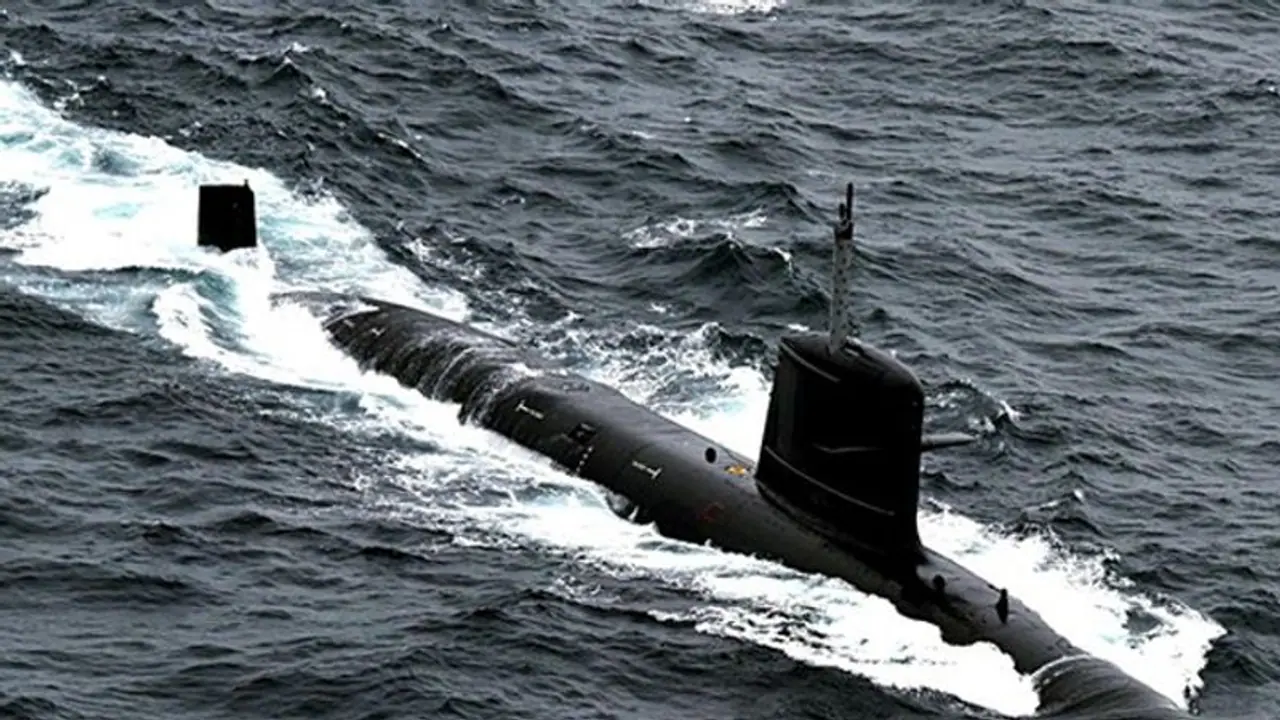It's a stab in the back, according to Foreign Minister Jean-Yves Le Drian, who spoke to France Info radio. We had built a trusting relationship with Australia, but that trust has been violated.
France slammed Australia's surprising decision to reject a significant submarine agreement favouring nuclear-powered submarines from the US on Thursday, calling the move a betrayal of trust. It's a stab in the back, according to Foreign Minister Jean-Yves Le Drian, who spoke to France Info radio. We had built a trusting relationship with Australia, but that trust has been violated. He went on to add that he is enraged and that this is not something that allies do to one another.

"This unilateral, unexpected, and unforeseen choice reminds me a lot of what Mr Trump would do," Le Drian continued, alluding to the previous US president Donald Trump, who irritated Europe with his erratic decision-making. The Naval Group, a state-owned company, was chosen to build 12 conventionally powered submarines for Australia, based on France's nuclear-powered Barracuda submarines in development. When the contract was announced in 2016, it was estimated to be valued at approximately $50 billion (31 billion euros, $36.5 billion).
Also Read | Australia signs deal to get nuke submarines with US, UK help; France reacts
However, US President Joe Biden and the prime ministers of Australia and the United Kingdom unveiled a new defence deal on Wednesday that will see Canberra receive a nuclear-powered submarine fleet, a luxury granted to only a few American friends. The action reflects rising worries over China's expanding influence in the Indo-Pacific area, where France is also seeking to safeguard its interests, including the overseas territories of New Caledonia and French Polynesia.
When asked if France had been "duped" by Washington over the "deal of the century" for France's naval yards, Le Drian said, "Your appraisal of the situation is more or less true."
In the face of Beijing's rising regional might, he said France and its partners were working on a "coherent and organised Indo-Pacific policy." "We had just discussed it with the United States, and now this," Le Drian added, calling it "a tremendous violation of trust." "We'll need further information. We have contracts; the Australians must tell us how they plan to break them," he added.
